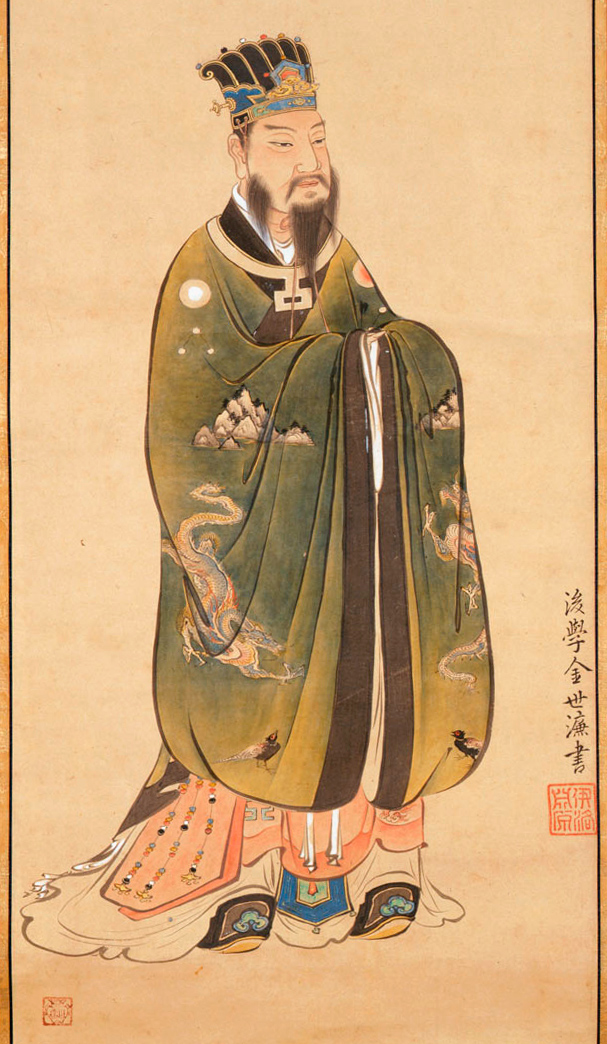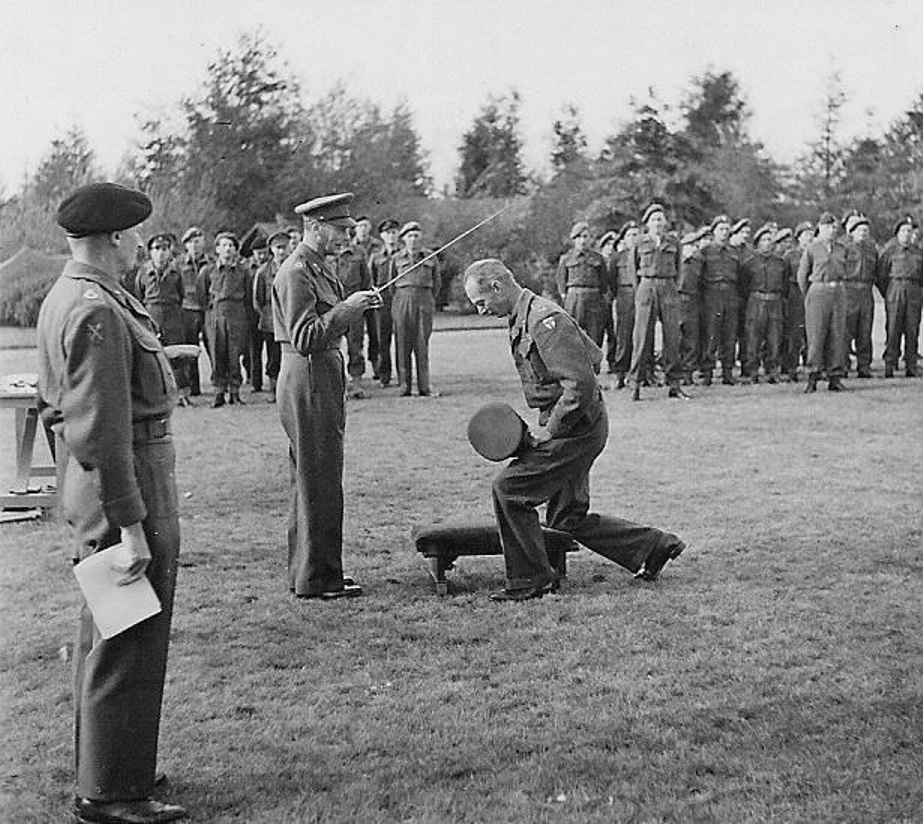|
Chong Yingbiao
Chong Yingbiao () is a character featured in the famed classic Chinese novel '' Fengshen Yanyi''. Chong Yingbiao is the son of Chong Houhu, the Grand Duke of the North. During the coalition against Su Hu, Chong Yingbiao would support his father to his greatest potential. Following the death of Mei Wu, and Chong Houhu's retreat into the neighboring forest region, Chong Yingbiao would try his best to support his depressed father in any such way. Once Chong Houhu and all of his men were flamed out of the forest by Su Hu's forces, Chong Yingbiao would lead the rear guard in support. While in retreat, Chong Yingbiao would tell his father to send a letter to Ji Chang and immediately ask for troops to assist. Thus, Chong Yingbiao, combined with Chong Heihu Chong Heihu (; Heihu literally means black tiger) is a character in the classic 16th-century Chinese novel ''Fengshen Yanyi''. He is the younger brother of Chong Houhu, the Grand Duke of the North. Legend Chong Heihu had a distinct ... [...More Info...] [...Related Items...] OR: [Wikipedia] [Google] [Baidu] |
Fengshen Yanyi
''The Investiture of the Gods'', also known by its Chinese names () and is a 16th-century Chinese novel and one of the major vernacular Chinese works in the gods and demons (''shenmo'') genre written during the Ming dynasty (1368–1644). Consisting of 100 chapters, it was first published in book form between 1567 and 1619. Another source claims it was published in 1605. The work combines elements of history, folklore, mythology, legends and fantasy.Chew, Katherine Liang (2002). ''Tales of the Teahouse Retold: Investiture of the Gods''. Page XI. . The story is set in the era of the decline of the Shang dynasty (1600–1046 BC) and the rise of the Zhou dynasty (1046–256 BC). It intertwines numerous elements of Chinese mythology, including deities, immortals and spirits. The authorship is attributed to Xu Zhonglin. Plot The novel is a romanticised retelling of the overthrow of King Zhou, the last ruler of the Shang dynasty, by Ji Fa, who would establish the Zho ... [...More Info...] [...Related Items...] OR: [Wikipedia] [Google] [Baidu] |
Chong Houhu
Chong Houhu () a character featured within the Chinese novel ''Fengshen Yanyi''. This role originated from Chong Hou Hu, or Hu, Marquis of the Chong State, a vassal of the Shang dynasty. In ''Fengshen Yanyi'', Chong Houhu is a person's name, in which Chong is the family name and Houhu is the given name. Plot in fiction In ''Fengshen Yanyi'', Chong Houhu is a high-ranking official of the Shang Dynasty—he is one of four Grand Dukes. After the four Grand Dukes had been invited to a banquet by King Zhou himself, Chong Houhu would be the primary defense of the king's edict to capture the "rebel" Su Hu, who had originally written harsh words about the king on the Noon Gate—words that reflected truth however. Chong Houhu assures his utmost loyalty to the king and thus heads his army of 50,000 soldiers out of the Zhaoge capital to capture Su Hu from his Ji province. It had been said that the Chong Houhu's soldiers looked live rolling waves constantly emerging from the earth with murd ... [...More Info...] [...Related Items...] OR: [Wikipedia] [Google] [Baidu] |
Mei Wu
Mei Wu () a character featured within the classic Chinese novel ''Fengshen Yanyi''. Mei Wu has been a high-ranking officer under the renowned Shang Dynasty for many a year, and has gained great renown for his loyalty. Following Chong Houhu's coalition against the rebel leader, Su Hu, Mei Wu would be the right hand general serving under the Chong. After Chong finally arrived at the gates to Su Hu's Ji province, Mei Wu had been the first general to respond to the duke's call -- the capture of Su Hu. When the renowned Mei Wu appeared before Su Hu, he could be seen riding atop a chestnut stallion, wearing bright golden armor, a Phoenix Wing's helmet, and a bright red robe with a lion-headed belt. After the son of Su Hu - Su Quanzhong - appeared as Su Hu's protecter, Mei Wu shouted these words at him: "''Su Quanzhong! You, father and son, are committing a capital crime! You know the king's army can very easily overwhelm your region and destroy your ancestral shrine!''" Thus, Mei Wu, w ... [...More Info...] [...Related Items...] OR: [Wikipedia] [Google] [Baidu] |
Ji Chang
King Wen of Zhou (; 1152–1050 BC, the Cultured King) was Count of Zhou during the late Shang dynasty in ancient China. Although frequently confused with his fourth son Duke of Zhou, also known as "Lord Zhou", they are different historical persons. Although it was his son Wu who conquered the Shang following the Battle of Muye, Count Wen was posthumously honored as the founder of the Zhou dynasty and posthumously titled King. Many of the hymns of the ''Classic of Poetry'' are praises to the legacy of King Wen. Some consider him the first epic hero of Chinese history. Archaeology Chinese scholars (e.g. Wang Yunwu ( 王雲五), Li Xueqin ( 李学勤), etc.) identified King Wen with a mentioned in inscriptions H11:82 & H11:84 among oracle bones excavated at Zhouyuan (), Qishan County. Biography Born Ji Chang (), Wen was the son of Tairen and Ji Jili, the Count of Zhou, a vassal state of the Kingdom of Shang along the Wei River in present-day Shaanxi. Jili was betrayed an ... [...More Info...] [...Related Items...] OR: [Wikipedia] [Google] [Baidu] |
Chong Heihu
Chong Heihu (; Heihu literally means black tiger) is a character in the classic 16th-century Chinese novel ''Fengshen Yanyi''. He is the younger brother of Chong Houhu, the Grand Duke of the North. Legend Chong Heihu had a distinctive appearance, often seen wearing a Nine-Cloud-Burning-Flame helmet, a jade belt, a bright red robe, and golden chain mail. He had a long red beard and eyes that resembled two golden bells. He was also armed with dual golden axes, which added to his fearsome reputation for being exceptionally skilled. During Chong Houhu's third retreat, Chong Heihu arrived from the Cao region with a contingent of three thousand flying tiger soldiers to offer assistance. Eventually, Chong Heihu and his elder brother approached the city gate of Ji province. However, Chong Heihu's intention was merely to have a conversation with his old friend, Su Hu. Instead, he encountered Su Hu's son, Su Quanzhong, who expressed discontent and confronted Chong Heihu with harsh words. I ... [...More Info...] [...Related Items...] OR: [Wikipedia] [Google] [Baidu] |
Kingdom Of Storms
''Creation of the Gods I: Kingdom of Storms'' () is a 2023 Chinese epic fantasy film directed by Wuershan. It is the first film in the ''Creation of the Gods'' trilogy, adapted from the 16th-century fantasy novel ''Investiture of the Gods'' written by the Ming dynasty author Xu Zhonglin. The film feature an ensemble cast which includes Fei Xiang, Li Xuejian, Huang Bo, Yu Shi, Chen Muchi, Narana Erdyneeva, and Xia Yu. The first film mainly narrates the fantastic and fictitious version of the political fallout following the ascension of the last king of Shang dynasty. It is the 25th highest-grossing film ever in China, and the trilogy is considered to be the most ambitious and expensive Chinese production ever made. It won several accolades, including the 2023 Golden Rooster Award for Best Picture, and was nominated for the 2023 Golden Deer Award. The film was released in China on July 20, 2023. Following its important success in its origin country, it was released in the USA b ... [...More Info...] [...Related Items...] OR: [Wikipedia] [Google] [Baidu] |
Investiture Of The Gods
''The Investiture of the Gods'', also known by its Chinese names () and is a 16th-century Chinese novel and one of the major vernacular Chinese works in the gods and demons (''shenmo'') genre written during the Ming dynasty (1368–1644). Consisting of 100 chapters, it was first published in book form between 1567 and 1619. Another source claims it was published in 1605. The work combines elements of history, folklore, mythology, legends and fantasy.Chew, Katherine Liang (2002). ''Tales of the Teahouse Retold: Investiture of the Gods''. Page XI. . The story is set in the era of the decline of the Shang dynasty (1600–1046 BC) and the rise of the Zhou dynasty (1046–256 BC). It intertwines numerous elements of Chinese mythology, including deities, immortals and spirits. The authorship is attributed to Xu Zhonglin. Plot The novel is a romanticised retelling of the overthrow of King Zhou, the last ruler of the Shang dynasty, by Ji Fa, who would establish the Zho ... [...More Info...] [...Related Items...] OR: [Wikipedia] [Google] [Baidu] |
Investiture Of The Gods Characters
Investiture (from the Latin preposition ''in'' and verb ''vestire'', "dress" from ''vestis'' "robe") is a formal installation or ceremony that a person undergoes, often related to membership in Christian religious institutes as well as Christian knighthoods or damehoods, in addition to government offices. In an investiture, a person may receive an outward sign of their membership, such as their religious habit, an ecclesiastical decoration (as with chivalric orders) or a scapular (as with confraternities); they may be given the authority and regalia of a high office. Investiture can include formal dress and adornment such as robes of state or headdress, or other regalia such as a throne or seat of office. An investiture is also often part of a coronation rite or enthronement. Christianity Religious institutes Investiture indicates in religious orders the usually ceremonial handing over of the religious habit to a new novice. The investiture usually takes place upon admission to the ... [...More Info...] [...Related Items...] OR: [Wikipedia] [Google] [Baidu] |

